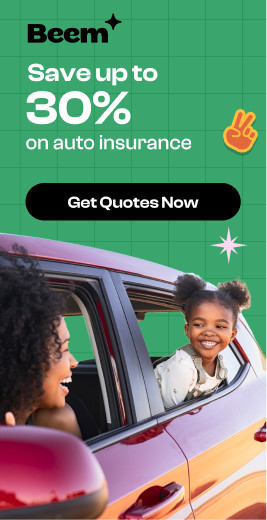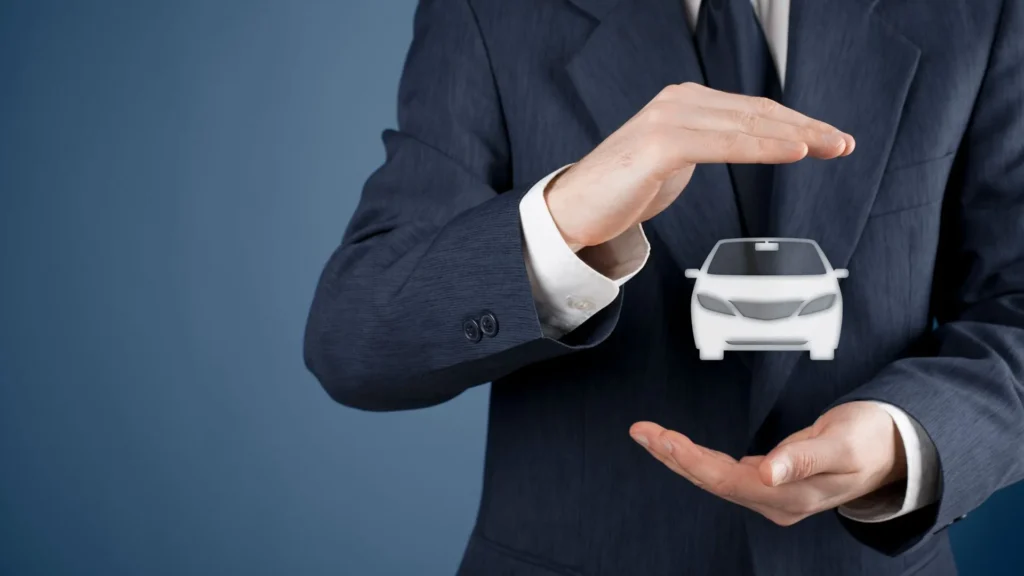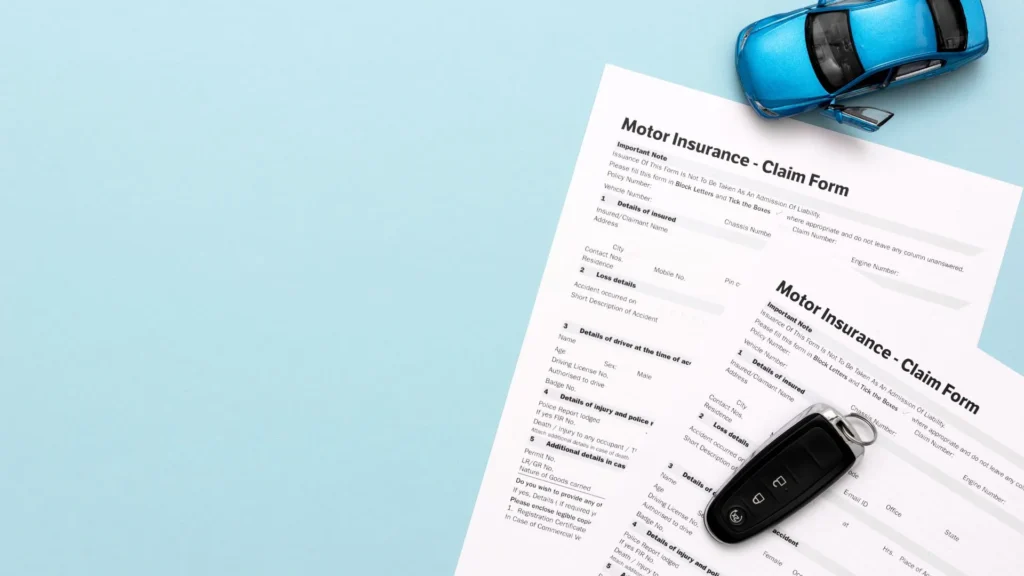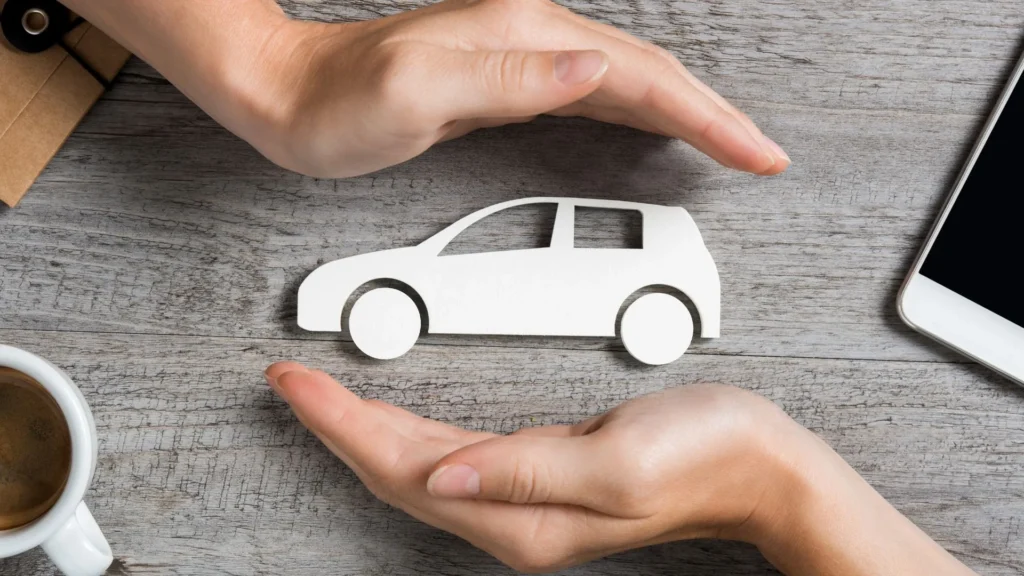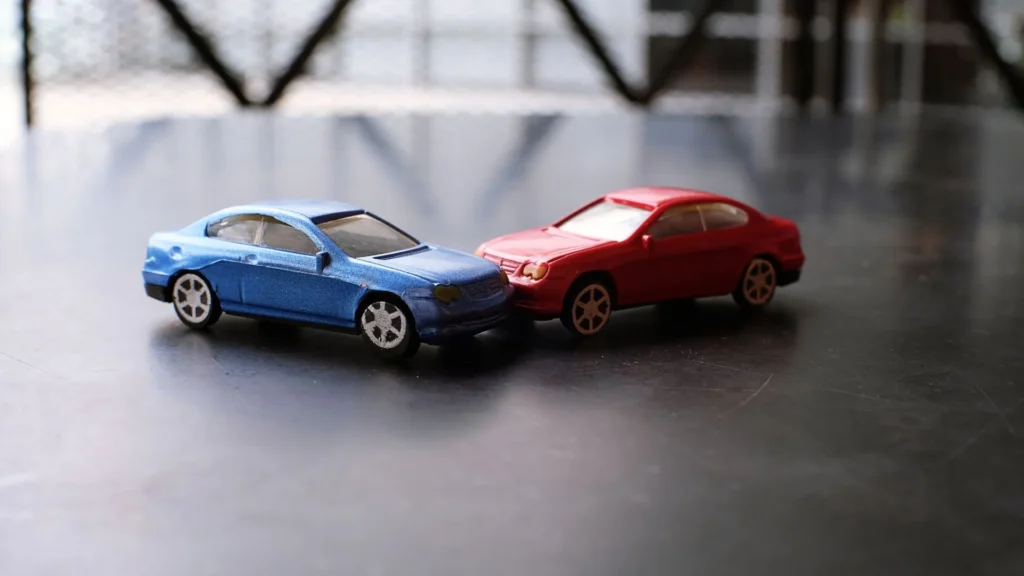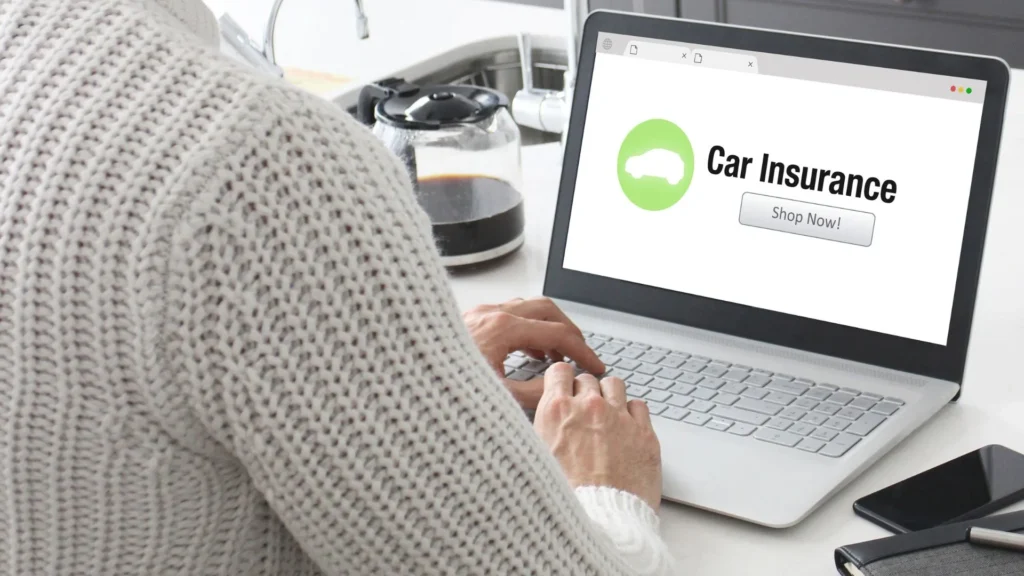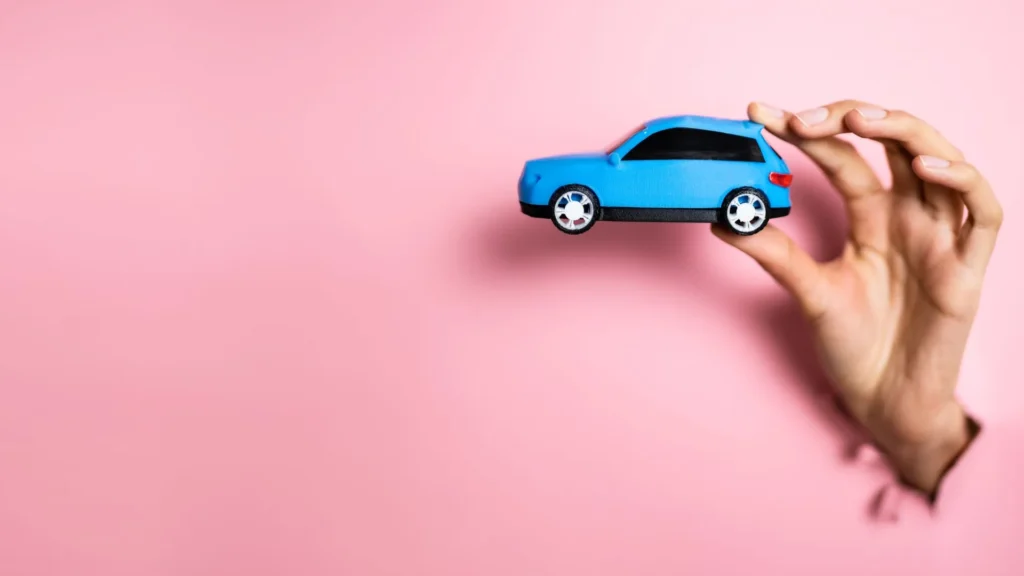Car insurance requires less coverage policies once you own the car. It can be overwhelming once you pay off your car loan and become the sole owner. It’s associated with endless possibilities and a sense of freedom. However, owning a car does not allow you to opt out of all insurance coverage. There’s always state minimum coverage that is associated with your self-owned car called Liability insurance. Get up to 40% off on your preferred car insurance and protect your vehicle from unprecedented accidents.
Is Car Insurance Cheaper if You Own the Car?
No, car insurance may not be cheaper if you own the car. A financed car demands specific extra insurance coverage that your lender requires to secure his money. Insurance like Gap insurance, Collision coverage and Comprehensive coverage are additional insurance policies that you are required to take, which mounts the burden of annual premiums on a financed Vehicle. Once your car loan is paid off, you can eliminate unnecessary coverages to decrease your yearly insurance premium and see extra cash in your bank account.
Understanding Your Car Loan and Car Insurance
People buy a new vehicle outright and take a car loan from a financer or a bank to help pay for the vehicle. Depending on your chosen financing, these loans may last one to eight years. You should realize here that a car loan differs from car insurance, though it’s a hand-in-hand relationship. You need to take car insurance and pay premiums on coverages depending on the financing scheme you have opted for.
Does Car Insurance Go Down When a Car Is Paid Off?
No, the car insurance magically does not go down once you pay off your car. However, it is entirely the owner’s prerogative to keep the full coverage of the vehicle or to remove specific optional insurances once the car is completely paid off. Once you pay off your loan, you can change the coverage if you want to. By removing the below-mentioned coverages, you can save a few bucks:
Collision coverage: If your car gets damaged when it collides with another vehicle, a signboard, a lampost, or anything around, then collision coverage comes to your rescue. The owner has the option to remove this coverage.
Comprehensive coverage: What if your vehicle is damaged from something other than a collision? If an animal damages your car, or there is theft, or you face vandalism, comprehensive coverage pays off your expenses. This coverage, too, can be eliminated once to pay off the loan.
Hence, removing these coverages might significantly save on the premium amount. Still, it would be best to remember that in an unfortunate incident, should you damage your car or cause injury to yourself or others, you may be required to pay the bills of repairs and other charges out of your pocket. If you decide to maintain full coverage after you have cleared your loan, then reduce your coverage limit and get your premiums lowered.
Do You Need Collision Coverage When You Pay Off Your Car?
It has always been challenging to answer this question; however, it’s entirely the owner’s prerogative to maintain collision coverage once the loan is paid off.
Collision coverage helps you cover the repair cost and replace the vehicle if required due to damage in an auto accident. But the question remains whether you need this coverage or not. You may likely have an accident tomorrow, and what if you cannot arrange funds to repair or replace the vehicle? At that moment, what may come to your rescue is the collision coverage. One may advise keeping this coverage attached to your vehicle even after your car loan payment.
Do You Need Comprehensive Coverage When You Pay Off Your Car?
Another optional coverage is comprehensive. It helps protect your vehicle from damage not caused by auto accidents; it includes Fire, explosion, vandalism, theft-related damage, hail, storm, hurricane, flood, windshield crack, or animal hit. This coverage matters because as your car gets older, the overall cost of replacement can be a factor in whether to continue with this coverage. You should keep this coverage for high-value cars, or if your vehicle is worth less than 10% of your annual premium, you may want to drop it.
What Should I Do After I Pay Off My Car?
Primary tasks to be taken into account after you pay off your loan are as follows:
- Get the title to your vehicle: After you pay off your car loan, it is typically mailed to you, so make sure you receive the title transfer mail.
- Remove the lienholder: Once the title is transferred in your name, contact the insurance company to remove the lien on your vehicle so that the insurance company sends a payout to you instead of the lender.
- Review your coverage: As soon as you pay off the loan, it’s best time to change your car insurance coverage.
You should check your credit score as paying off a car loan may improve your score, which might be helpful in future financial acquaintances.
Conclusion
Car insurance only automatically gets cheaper after the loan is paid off. There are a few stringent coverages that a financed car needs to be attached to; however, after the loan payoff, the owners decide whether to continue with the optional coverages or not. Of course, state minimum coverage is always mandatory. It’s advisable to continue with the optional coverages when you have limited sources to arrange funds when the unwanted happens. You can benefit from the paid-off vehicles regarding insurance policy premiums, but you must also look at the broader picture. Use Beem to find the best insurance quotes to make the right choice and get up to 40% off your chosen coverage.


